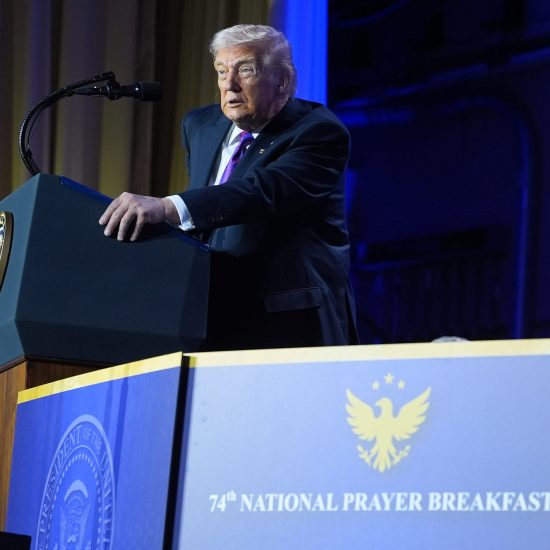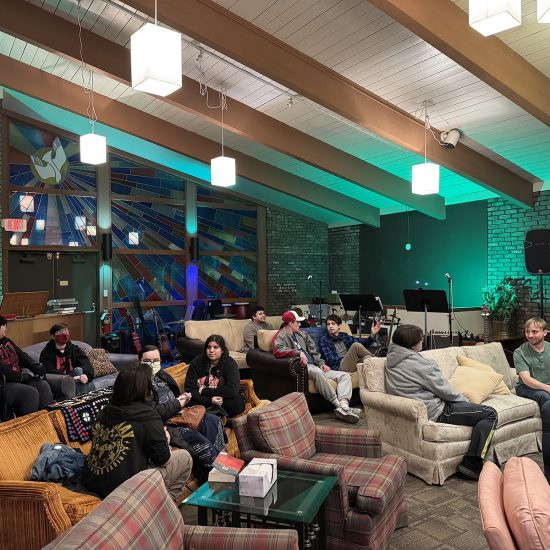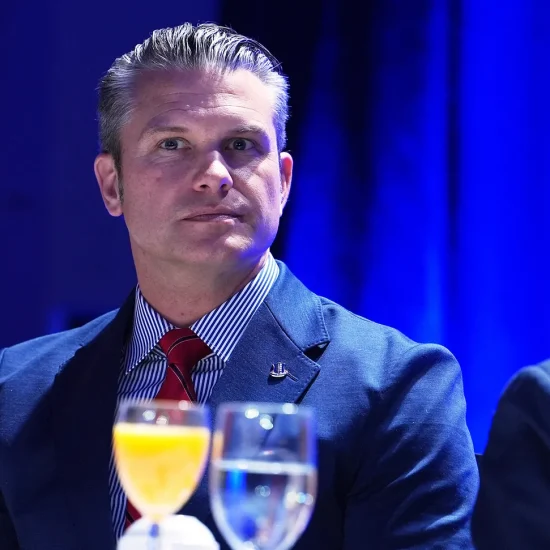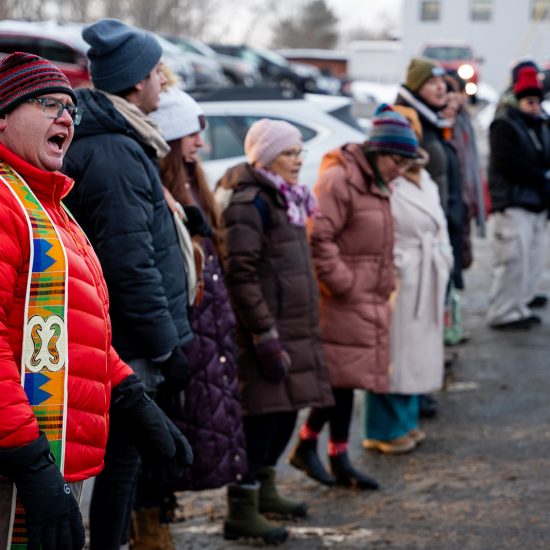
NOTE: This piece was originally published at our Substack newsletter A Public Witness.
While some scholars argue over which theological positions to include in a definition of “evangelical,” religious studies professor William Stell finds such “belief-based models” too vague and problematic. Instead, he’s interested in looking at how the term “evangelical” is used to exclude some people — like LGBTQ+ individuals — from the faith community.
“With evangelicalism … [there’s] this distinctive need to make outsiders, to make Christians who are lesser than themselves. Otherwise, what does the term mean? Who are you as an evangelical if you can’t look at other Christians and say, ‘Well, those aren’t evangelical Christians. They don’t have the gospel like we do,’” explained Stell, author of the forthcoming book, Born Again Queer: A History of Evangelical Gay Activism and the Making of Antigay Christianity, during this week’s episode of Dangerous Dogma. “They are saying, ‘Me and my people are more true Christians, are more true to the evangel, to the gospel than you are.’ And that’s it. That’s the function. That’s the brand. Which explains why everyone’s fighting over it all the time because they want the power to do precisely that, to gatekeep this ‘true Christian, gospel-centered,’ etc. conception of the faith.”
Stell, who is ordained in the United Church of Christ, made his remarks in the third of a three-part special podcast series produced in partnership with Moravian Theological Seminary. Previous episodes featured conversations with Randall Balmer and Angela Parker. Joining me as a guest cohost for the Stell conversation was Jared Burkholder, scholar in residence at Moravian. Burkholder will be giving the annual Walter Vivian Moses Lecture on Oct. 29 at 4 p.m. ET at the Bahnson Center on the Bethlehem, Pennsylvania, campus of Moravian. It will also be livestreamed for free (and you can sign up to tune in).
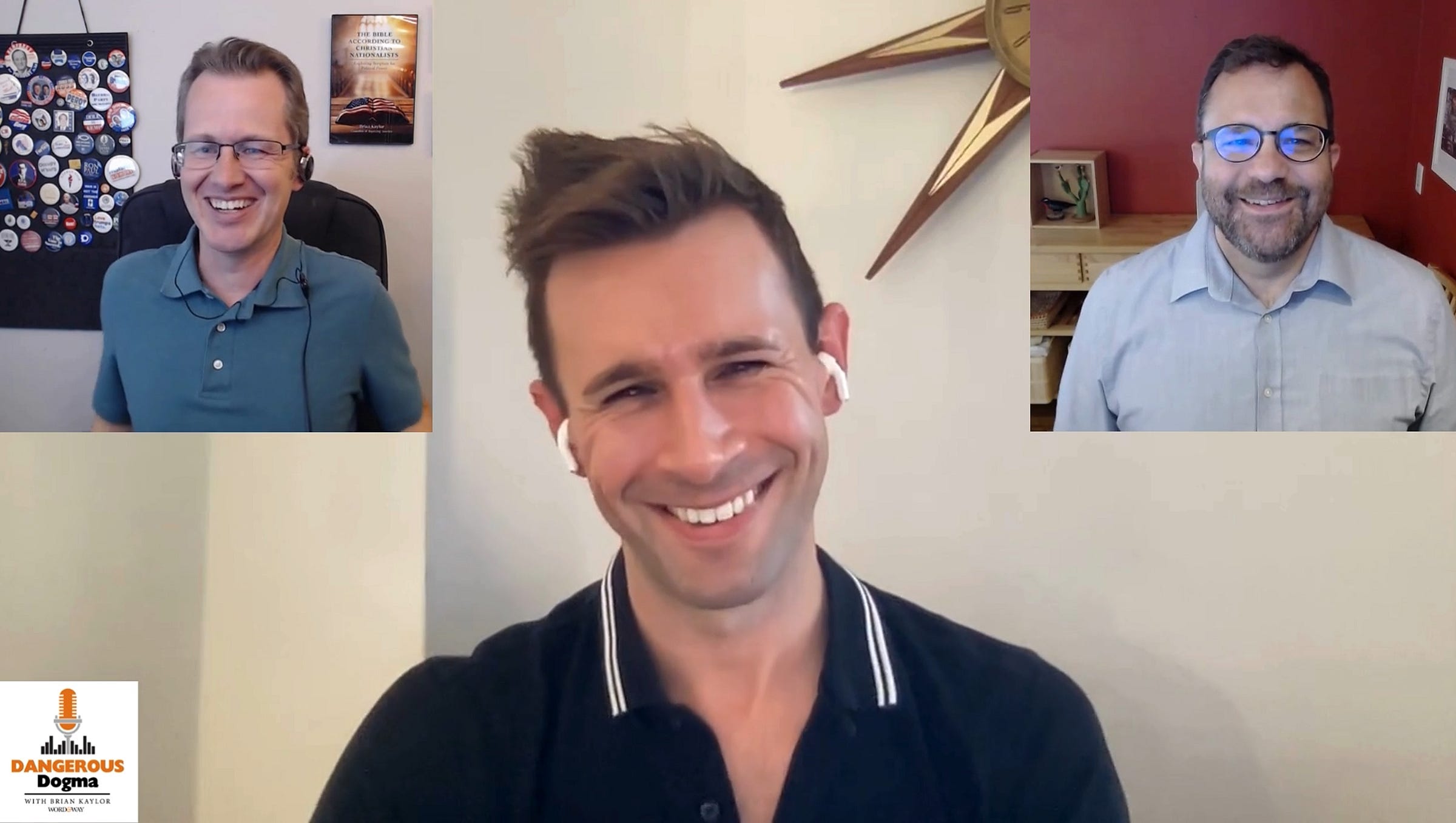
Screengrab as Brian Kaylor (left) and Jared Burkholder (right) talk with William Stell on this week’s episode of Dangerous Dogma.
Stell joked during the conversation that a book about perspectives on homosexuality among evangelicals might sound like “a pretty boring history” that would basically just be the “same hardline, antigay stance over and over again.” But, he added, there’s actually a lot of disagreement and contestation over the issue. He explained that evangelicals really weren’t distinctive on this issue in the middle of the 20th century since “their antigay stance is not appreciably more extreme than other stances in other religious communities, including what we call mainline Protestant churches or in America more broadly. This lasts again through the 1950s into the 60s, arguably into the 70s.”
It’s only in more recent decades where evangelicals have stood out more, but they weren’t talking about homosexuality as much before that. Stell said that mainline Protestants addressed the issue sooner because they were “cozier with the field of psychiatry than were evangelical communities,” they were “primed to be sensitive” to a push for civil rights because of stronger mainline support for the civil rights movement led by Rev. Martin Luther King Jr., and the primary translation found in mainline churches (the Revised Standard Version) was the first English Bible to use the word “homosexuality.”
While mainline Protestants and the broader American society wrestled with LGBTQ+ issues, evangelicals held onto the position that had been dominant in culture. And then, Stell added, it became “a litmus test” for how to define “whether one counts as an evangelical or not and, by extension, whether one counts as a Christian or not.”

You can hear more from William Stell in this week’s episode of Dangerous Dogma. You can listen to the audio version here (or subscribe in your favorite podcast platform), and you can watch the video version here. Additionally, you can sign up here for the free livestream of the Moses Lecture to be given by Jared Burkholder on Oct. 29.
As a public witness,
Brian Kaylor
A Public Witness is a reader-supported publication of Word&Way. To receive new posts and support our journalism ministry, subscribe today.



